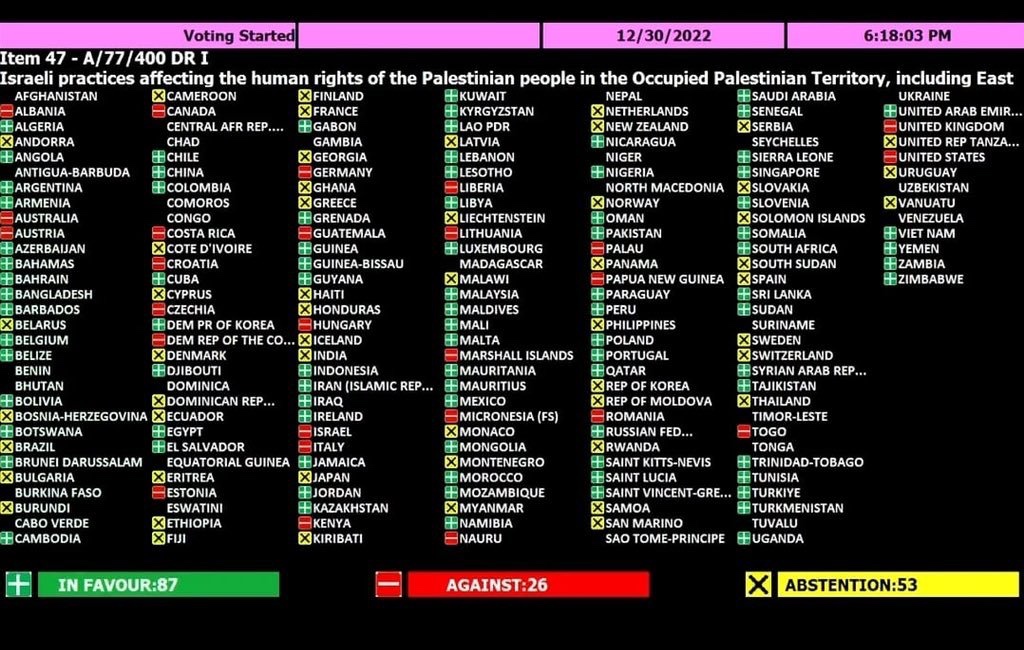Who is Mohammad Mustafa, the new prime minister of the Palestinian Authority?
Mohammad Mustafa is taking over the role in a move seen as an attempt to appease U.S. demands for reform so that the Palestinian Authority could govern Gaza in a postwar era.
…
Mustafa also has ties to the United States. He received a master’s degree and a Ph.D. at Washington, D.C.’s George Washington University. He previously worked for the World Bank as well.
…
The White House’s National Security Council said it welcomed the appointment of Mustafa as prime minister, according to spokesperson Adrienne Watson.
…
A majority of Palestinians are still not supportive of this governmental body. A recent study from the Palestinian Center for Policy and Survey Research found that nearly 60% of Palestinians want the Palestinian Authority dissolved and that 88% want Abbas to resign.
…In his announcement of the appointment, Abbas asked Mustafa to create plans to reunite the administration of the West Bank and Gaza, reform the government and address corruption.
Related:
Who is Mohammad Mustafa, the Palestinian Prime Minister-designate?
Throughout his tenure in Palestine, Dr. Mustafa has been a driving force behind the establishment and launch of numerous leading companies and investment funds, including the Palestinian Telecommunications Company Paltel, the Palestinian National Mobile Company in 2008, the Ammar Real Estate and Tourism Investment Company in 2009, Ammar Al-Quds in 2018, the Rasmala Palestinian Equity Fund in 2011, the Palestinian Leasing Company for Islamic Finance in 2013, Aswaaq Asset Management Company in 2014, focusing on Palestinian stock markets, Masdar Company for Natural Resource Development and Infrastructure Projects in 2015, and Palestine Power Generation.
In his public roles, Dr. Mustafa has participated in key organizations such as the World Economic Forum and served as Governor of Palestine at the Arab Fund for Economic and Social Development in Kuwait. He led the Ministerial Committee at the Donors’ Conference for the Reconstruction of Gaza in Cairo in 2014. Additionally, he is a member of the boards of trustees of the Institute for Palestine Studies and the Yasser Arafat Foundation.


You must be logged in to post a comment.